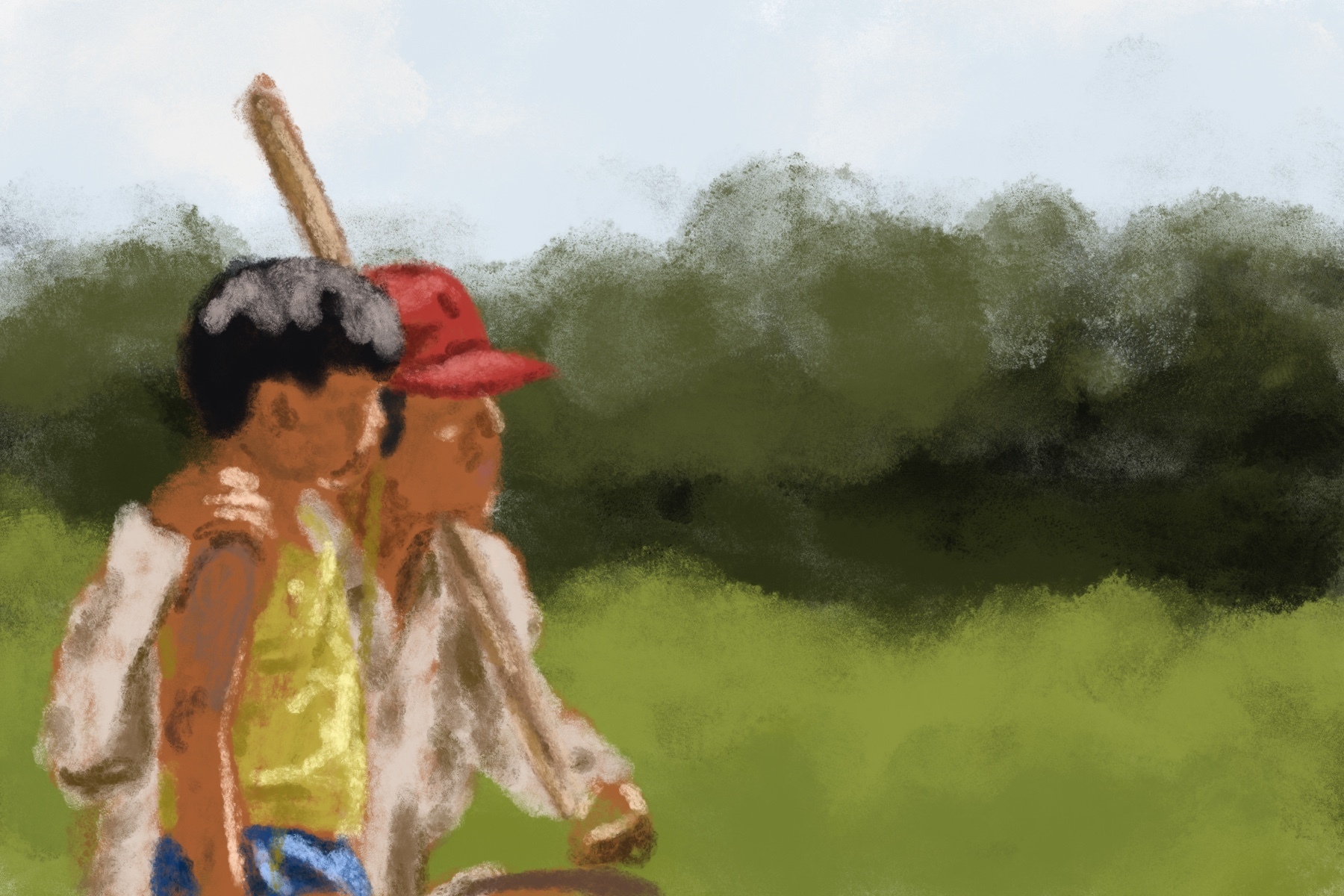*This article contains spoilers for “Minari”*
Jacob: Remember what we said when we got married? That we’d move to America and save each other?
Monica: I remember.
Directed by Lee Isaac Chung, “Minari” explores the experience of 1980s America for one Korean American family. Jacob and Monica have long chased the American dream. After living in America for a few years, sexing chickens for below minimum wage, the family decides to pack their bags and head from California to Arkansas to start a farm. The movie follows the family: Jacob, Monica, their two kids, David and Anne, and Monica’s mother, Soonja. “Minari” grapples with issues of family, religion and immigration. There are conflicts between mother and father as Jacob struggles to balance family with financial struggles. David and Soonja clash, as David tries to project the American stereotypes of what a grandparent is onto his Korean grandmother.
Perseverance of Family
Toward the end of the film, Soonja suffers from a stroke and is left in a frail state. She continues to help out around the farm and take care of the kids against her daughter’s wishes. While lighting a fire to burn some trash, Soonja accidentally lights the storage barn on fire, where the family has been storing their precious crops to be sold. Moviegoers watch in horror as the family arrives to see the helpless grandmother watch the barn collapse. As Jacob and Monica run in the barn to try and save some of their crops, the injured Soonja stumbles away from the farm, with tears streaming down her face, horrified by what she has done.
A fractured family unites in this scene as David chases down his grandmother, trying to stop her from wobbling off to her death. The look on Soonja’s face makes it clear that she was so upset by what she had done that she had no plan to return to the farm. David is able to convince his grandmother that she belongs with them and helps her back to the farm, where the weeping family unites in the tragedy.
“Minari” explores the importance of family overall. Jacob and Monica’s disagreement about the importance of money versus family disintegrates along with the barn. David’s disdain for his grandmother due to her “un-Americaness” evolves into love. The fractures in the family evolve into unity as they spend the last scene of the movie sleeping together on the living room floor, just as Jacob proposed on the first day on the farm.
Religion as a Uniting Force
One “Minari” message will stand out to many viewers in particular; religion as a uniting force. While many Americans today think of religion as a catalyst for division, “Minari” director Lee Isaac Chung attempts to portray religion as the great uniter.
In an interview with pluggedin.com, Chung argues that “the ways in which Christians are often portrayed, it can be very unfair and inhuman. And I think the same has happened with immigrants and Asians. The same has happened with farmers in the South. So I was hoping with this film to get down to a more human level, and to show the complexity of who we are as people. That it’s not as simple as just saying, ‘Well this person is Christian, they’re going to act this way.’”
Religious scenes in “Minari” are uncomfortable, as many viewers will predict that 1980s churches would attack the immigrant family for being different from them. Chung attempts to portray the potential unity between all people, and the good in all people, by depicting the church in a very particular way. While microaggressions and perplexed looks are present as the family attends their first service at the almost entirely white church, Chung forces viewers to look at the churchgoers as something more than problematic. The churchgoers, no matter how conservative and religious they may be, are people just the same. They exhibit curiosity in getting to know and understand the family. Mixed throughout the microaggressions and stares is a feeling of compassion and an attempt at understanding.
As religion is increasingly viewed as a dividing force in the United States, as the number of people who identify as religious decrease and the calls for more separation of church and state increase, “Minari” attempts to portray the uber-religious, the immigrant and the Southern farmer as one united force: human.
Minari as Rebirth
When the grandmother moves in with the family she brings a plant called minari. The plant originated in East Asia and plays a versatile role in the Korean diet. The symbolism of the plant runs deep. Chung, in an interview with TheWrap, explains the importance of the plant: “The interesting thing about it is that it’s a plant that will grow very strongly in its second season after it has died and come back. So there’s an element of that in the film, so it grows very expansively without doing much to it. It’s a poetic plant for me.”
Family unity is reborn through the destruction of the barn. While the movie ends somewhat abruptly and leaves the viewer wanting more, understanding the symbolism of the plant assures the viewer that the family will persevere and prosper. As the barn burns, the family feels hopeless, but the closing scene shows father and son sifting through the forest of minari that Soonja had planted along a stream. The viewer is left to assume that Soonja has passed, as she is not in the scene. The perseverance of the Korean plant is suggested to save the family from financial struggle, as they sell it in Korean markets. In this final scene, “Minari” affirms the perseverance of immigrants, of family and of Korean culture.

















